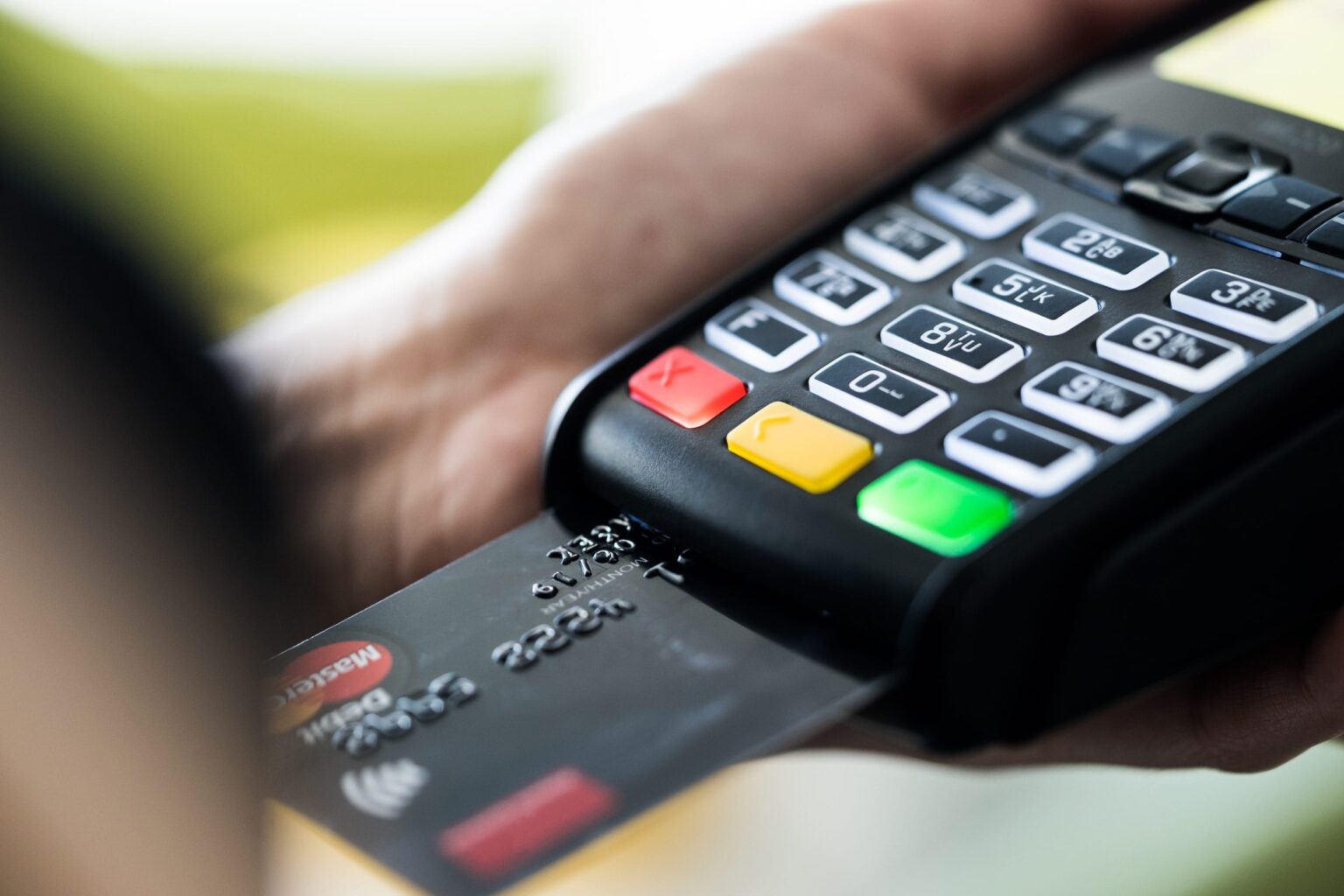
What is a POS Machine, and How Can I Compare POS Terminals?
If you’ve ever shopped at a retail store, ordered food at a restaurant, or paid for a service, chances are you’ve encountered a Point of Sale (POS) machine. But what exactly is a POS machine, and how can you compare different terminals to choose the right one for your business? In this blog post, we’ll explore the basics of POS machines and offer tips for comparing different models.
What is a POS Machine?
A Point of Sale (POS) machine is a device that enables merchants to process transactions electronically. It’s essentially a digital cash register allowing you to accept customer payments using credit or debit cards, mobile wallets, or other electronic payment methods. POS machines are essential tools for any business that wants to accept payments electronically and keep track of its sales and inventory in real time.
How Does a POS Machine Work?
When a customer purchases using a credit or debit card, the POS machine reads the card information and communicates with the payment processor to authorize the transaction. Once the payment is authorized, the POS machine prints a receipt and deducts the amount from the customer’s account. The merchant then receives the funds from the transaction, usually within a few days.
What are the Benefits of Using a POS Machine?
Using a POS machine offers several benefits for both merchants and customers. For merchants, a POS machine can help simplify the payment process, reduce errors, and improve cash flow. By accepting electronic payments, merchants can attract customers who prefer to pay with cards or mobile wallets. Additionally, POS machines often come with software to help merchants track sales, manage inventory, and generate reports to help them make informed business decisions.
Using a POS machine can provide customers a faster and more convenient checkout experience. Customers can pay using their preferred payment method, and they don’t have to worry about carrying cash or making changes. Additionally, POS machines often provide customers with digital receipts that they can access later.
How Can I Compare POS Terminals?
If you’re in the market for a POS machine, there are several factors to consider when comparing different models. Here are some things to look for:
1. Payment Types Accepted
One of the most important factors to consider when choosing a POS machine is the types of payments it can accept. Most POS machines can accept credit and debit cards, but some can also accept mobile wallets, gift cards, and other electronic payment methods. Make sure the POS machine you choose accepts the payment types your customers prefer.
2. Cost
POS machines can vary in price, depending on the features they offer. Some POS machines are free but may charge transaction fees or require a contract. Others may have upfront costs, but they may offer more features and lower transaction fees. Consider your budget and the features you need when comparing different POS terminals.
3. Security
Security is a crucial factor to consider when choosing a POS machine. Look for a machine compliant with the Payment Card Industry Data Security Standards (PCI DSS) and offers encryption and tokenization to protect sensitive customer data. Additionally, some POS machines may offer fraud prevention tools or chargeback protection to help merchants avoid losses due to fraudulent transactions.
4. User Interface
The user interface of a POS machine can also impact its ease of use and efficiency. Look for a machine with a user-friendly interface that is easy to navigate and understand. Additionally, consider whether the machine can integrate with your existing software or inventory management system to help streamline your operations.
5. Customer Support
Finally, consider the level of customer supports the POS machine provider offers. Look for a provider that offers 24/7 support and can help you troubleshoot any issues that may arise.
6. Hardware and Accessories
The hardware and accessories that come with a POS machine can also impact its functionality and ease of use. Look for a machine with a durable and reliable card reader, receipt printer, and cash drawer. Additionally, consider whether the machine can be integrated with other accessories like barcode scanners to help streamline your business operations.
7. Customization Options
Finally, consider whether the POS machine offers customization options to fit the unique needs of your business. Some POS machines may offer customizable menus or branding options to help enhance the customer experience and create a more cohesive brand identity. Additionally, some providers may offer add-ons or integrations that can help enhance the functionality of your machine. You can use Compare POS to check and compare all of these factors for finalizing your POS in Australia.
Conclusion
A POS machine is a valuable tool for any business that wants to accept electronic payments and manage its sales and inventory in real time. When comparing different POS terminals, consider factors such as payment types accepted, cost, security, user interface, customer support, hardware and accessories, and customization options.
You can check out Compare POS to have an authentic and reliable service for POS in Australia. By researching and choosing the right POS machine for your business, you can improve your payment process, attract customers, and make informed business decisions.







